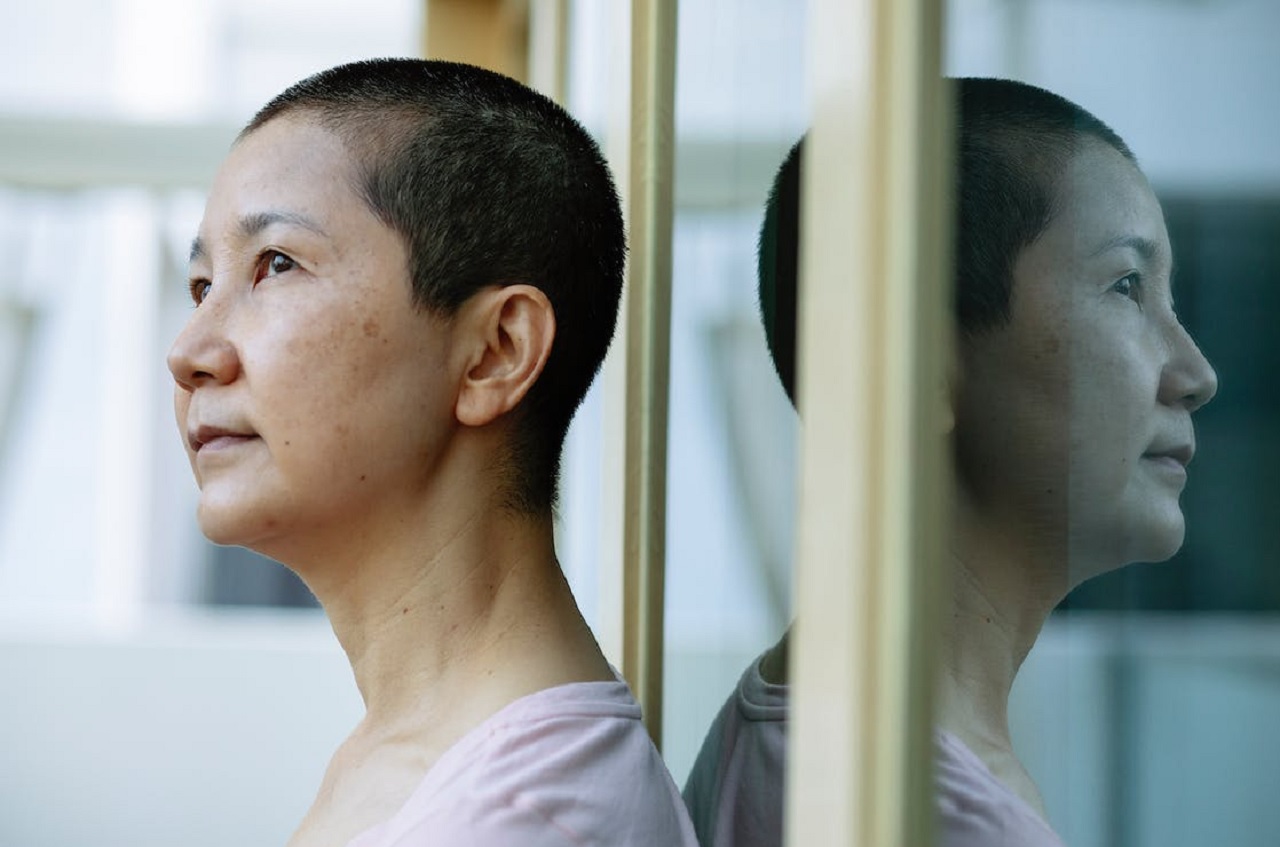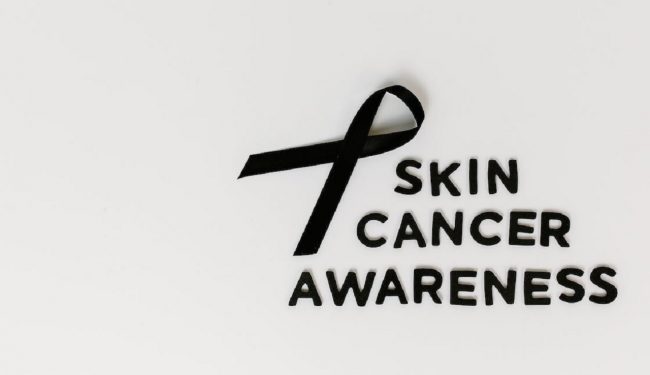Skin cancer of the face can be a scary diagnosis, but fortunately, it is often highly treatable with surgery, radiation therapy, topical medications, and other treatments.
In this guide, you will find information about the best treatments for skin cancer on the face so that you can make an informed decision about your care.
Information, in General, Regarding Skin Cancer!!
- Malignant (cancer) cells can develop in the skin’s tissues, which is a condition known as skin cancer.
- Cancers of many forms often begin in the skin.
- Basal cell carcinoma and squamous cell carcinoma of the skin can be more likely in those with darker skin and those who are exposed to sunshine.
- Skin changes such as actinic keratosis, basal cell carcinoma, and squamous cell carcinoma of the skin frequently manifest themselves.
- Basal cell carcinoma and squamous cell carcinoma of the skin are diagnosed using tests or procedures that examine the skin.
- The prognosis (chances of recovery) and available treatments are influenced by several factors.

A Guide to Treating Skin Cancer of the Face
Are you looking for answers to your questions about the best treatment for skin cancer of the face? Find out in this informative guide!
Understand the Different Types of Skin Cancer on the face
Skin cancer can take many forms, depending on the type of cell affected. The three most common types of skin cancer include basal cell carcinoma (BCC), squamous cell carcinoma (SCC), and melanoma.
It is important to understand which type of skin cancer you are dealing with to determine the best approach for your treatment.
Mohs micrographic surgery
For skin cancer of the face, Mohs micrographic surgery is one of the most commonly used treatments. During this procedure, a doctor will remove thin layers of cancerous tissue until only healthy tissue remains.
The common treatment for facial skin cancer is cryosurgery
Another common treatment for facial skin cancer is cryosurgery, which involves freezing and removing the cancerous tissue.
Understanding the various types and stages of skin cancer is important to determine which treatment option would be most effective for you.
Seek Out, Qualified Dermatologists.
When it comes to skin cancer of the face, it is important to seek qualified medical professionals for diagnosis and treatment. Dermatologists are trained in various types of skin cancer, including BCC, SCC, and melanoma.
- They will have access to the latest technologies and treatments, such as Mohs surgery, that can effectively remove cancerous cells.
- Your dermatologist can also recommend adjuvant treatments such as radiation or chemotherapy if the situation calls for it.
Seek out qualified healthcare professionals for your skincare needs.
skincare professionals such as registered nurses, aestheticians, and laser technicians may not be trained or qualified to diagnose or treat skin cancer of the face.
Moreover, procedures performed at beauty stores, such as chemical peels and dermabrasion, may mask signs of skin cancer, leading to misdiagnosis.
Therefore, it is important to ensure that you seek out qualified healthcare professionals for your skincare needs. This way, you can rest assured that your skin cancer treatment will be conducted most safely and effectively as possible.
Ask About Treatment Options and Risks.
- Before deciding on the best treatment option for your skin cancer, you must ask your doctor about the potential risks and complications associated with each treatment.
- This will help you to gain confidence in your choice of care.
- Additionally, asking specific questions about each treatment’s success rate and side effects can give you a better understanding of the best course of action.
- Common treatments for skin cancer of the face include topical creams, surgical removal, and photodynamic therapy.
- Each method has potential side effects such as redness, swelling, scarring, and discoloration.
- Additionally, all these treatments can be expensive and may only be covered by some health plans.
Therefore it is important to discuss with your doctor the possible risks and rewards associated with treatment options to determine which is right for you.
Learn About Post-Treatment Care and Follow-Ups.
After any treatment for skin cancer, follow-up care is vital. This usually involves regular check-ups with your doctor to monitor the treated area for any signs of further skin cancerous activity.
Additionally, depending on the type of treatment you received and the severity of your diagnosis, you may be recommended to use special creams or ointments to help heal, prevent infection, and provide UV protection. Understanding all post-treatment care recommendations is important to ensure a successful recovery.
Consulting a dermatologist or specialist for advice is essential
Skin cancers of the face are best treated depending on the type and severity. Treatments can include surgery, cryotherapy, topical treatments such as creams or lotions, radiation therapy, or photodynamic therapy. There is no one-size-fits-all approach to treatment for skin cancer, so consulting a dermatologist or specialist for advice is essential.
They can determine the most effective combination of treatments for your diagnosis. Additionally, it’s important to understand all associated risks and talk to your doctor about them before deciding how to proceed with any treatment option.
Monitor Your Skin for Future Developments.
After any treatment for skin cancer, it is extremely important to monitor your skin and keep an eye out for any new developments or unusual changes. Regular self-checks of your face are recommended, along with check-ups with your doctor.
wearing sunscreen and protective clothing is also important
Using sunshine protection measures such as wearing sunscreen and protective clothing is also important to protect yourself from the sun’s harmful UV rays and prevent developing any other skin cancer.
Conclusion!!
Depending on the severity and size of your skin cancer, several treatments may be recommended for it. Options can include cryosurgery, in which the area is frozen to destroy it, curing it with topical medications, or more invasive surgical procedures.
Your dermatologist can advise you on the best course of action, depending on your situation and how advanced your cancer is.















































